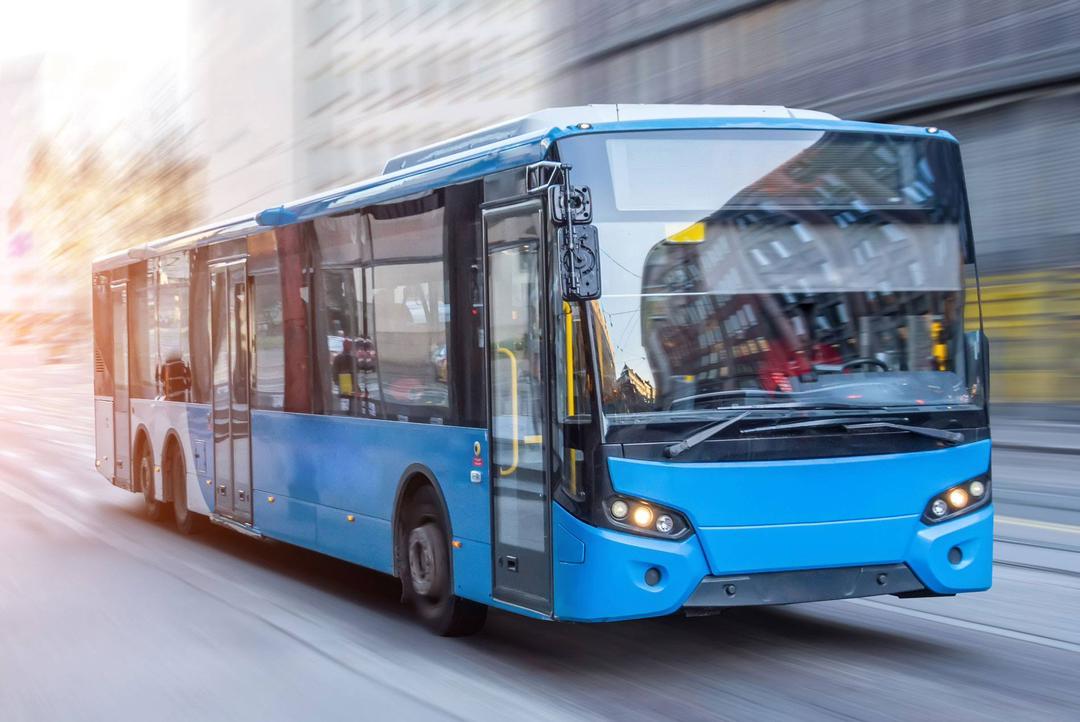In the evolving landscape of transportation, the concept of smart transportation is gaining traction worldwide, smart transportation leverages digital technologies to optimize and enhance the efficiency of urban mobility.
African countries like Kenya are pioneering innovative solutions that redefine the way people move, platforms like Uber have revolutionized traditional taxi services by allowing users to conveniently order rides through a mobile application. This shift not only provides a seamless experience for commuters but also improves the overall efficiency of transportation networks.
In Gambia, citizens face formidable challenges accessing transportation, leading to increased hardships in daily commuting. Insufficient infrastructure, limited public transportation options, and economic constraints contribute to a struggle for many Gambians seeking reliable means of travel.
The inadequate road network in some regions exacerbates transportation difficulties, with poorly maintained roads and lack of proper signage hampering smooth traffic flow. This not only prolongs travel times but also poses safety risks to commuters.
Some frequent road users lamented the difficulties they face while navigating the daily traffic.
‘I wish I would be able to order a taxi or Uber from any location and not have to struggle to board a loaded bus, van, or taxi every day, we are in a digital era, and by utilizing it, life will be much easier’-said Fatou Njie, a commuter
As the Gambia strives for progress, considering the adoption of smart transportation systems becomes imperative, according to Ebrima Colley, Deputy Permanent Secretary-Technical at the Ministry of Transport, Works, and Infrastructure, before the implementation of smart transportation in the Gambia’s national transportation system, several key strategies need to be taken into consideration to ensure successful planning, deployment, and integration.
The Gambia stands to benefit significantly from embracing Digital Public Infrastructure. By introducing similar services, the country can address challenges related to traffic congestion, reduce environmental impact, and enhance the overall commuting experience for its residents, therefore, without smart transportation, Public transportation remains limited, primarily relying on informal modes like shared taxis, vans, and minibuses.
However, concerns linger regarding the compatibility of smart transportation with the country’s road infrastructure.
The unpredictability of these services leaves citizens grappling with inconsistent schedules and overcrowded vehicles, making the daily commute a time-consuming and uncomfortable experience.
According to the Ministry of Transport, swift actions are underway to change the current status quo.
‘Currently, The Government of the Gambia is focused on improving Infrastructure Development requirements such as roads, energy and ICT. By investing in the necessary physical and digital infrastructure, this will ensure that the infrastructure can support the deployment of technologies such as connected vehicles, sensors, and smart traffic control systems.’ _Deputy Permanent Secretary-Technical, Ministry of Transport
The convenience of on-demand transportation services, coupled with the integration of digital payment methods, contributes to a more connected and accessible urban environment.
As the global community increasingly gravitates toward smart transportation solutions, the Gambia has the opportunity to position itself at the forefront of technological advancements in the transportation sector. By learning from successful implementations in countries like Kenya, the Gambia can create a modern, efficient, and user-friendly transportation system that meets the evolving needs of its citizens.





